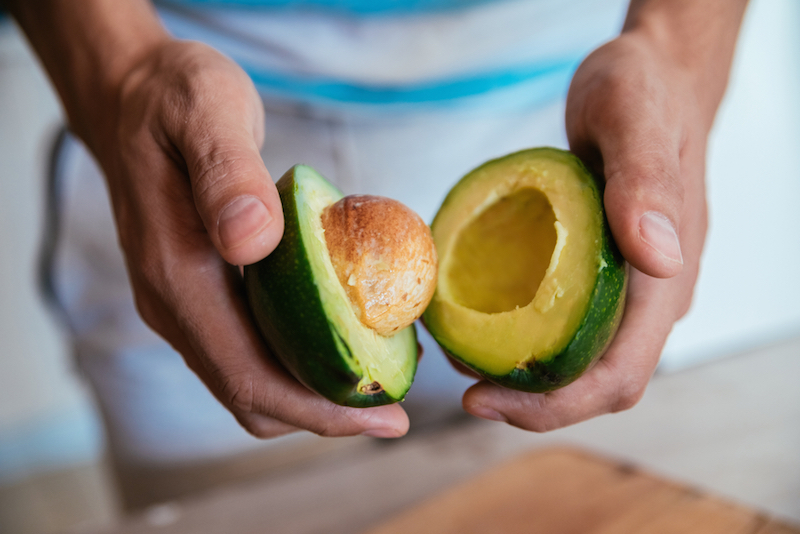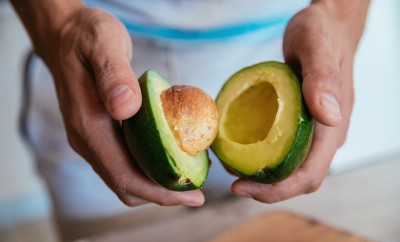Environment
6 healthy foods that are terrible for the planet

Image: NatashaPhoto/Shutterstock
Eating a healthy diet is a constant challenge. The science is always changing, experts never agree, and ordinary people are left to connect the dots. To add another layer to the confusion, did you know that some of our favorite healthy foods are actually causing global harm? From promoting deforestation, to requiring exorbitant amounts of water, to enabling unethical business, many of our beloved healthy foods are in fact bad for the world. Read on to learn the dirty details. Here are six healthy foods that are terrible for the planet.
Quinoa
This ancient grain has seen a massive upswing in popularity over the last few years. But as the demand grows, so do the problems. Quinoa is grown in parts of South America like Bolivia and Peru, where farmers have cultivated it for thousands of years. As it becomes more popular, farmers have taken over former animal grazing lands to meet the need. This leads to an unstable balance of soil and animal habitats. The other catch? With the rising prices, due to demand, many South American people who have eaten quinoa as a regional staple their entire lives can no longer afford it.
Avocados
Unfortunately, the avocado industry has become part of an indentured servitude scheme in the Mexican state of Michoacán, where production is concentrated. The worst part? The infamous Caballeros Templarios drug cartel is at the top of the pyramid. They frequently take cuts from farmers and enforce unfair taxes, even killing off people who speak up, or are unwilling to cooperate.
Non-Organic Meat
It’s no secret that the meat industry contributes to enormous amounts of environmental damage. Some studies estimate that controlled feeding operations and other non-organic meat production practices contribute to up to 51% of global emissions, which is a staggering statistic. Couple that with the millions of farmland acres used to grow feed and you have an extremely unsustainable business.
Palm Oil
Palm oil is the cheapest cooking oil in the world, which means it’s in high demand. The problem is the exorbitant deforestation that occurs to produce it. In Malaysia and Indonesia, where 85% of the world’s palm oil comes from, upwards of 30 square miles of rainforest are cut down daily. You read that right. And once the rainforests are gone? So are native animal species, like tigers and orangutans.
Almonds
It’s hard to conceptualize, but each and every almond takes one gallon of water to produce. And considering 82% of almonds are grown in California, which continually suffers from drought, that precious water could be redistributed elsewhere. In fact, some people even claim that almond production directly causes California’s droughts.
Greek Yogurt
Greek yogurt has a massive problem: Its production creates a dirty by-product. After milk is converted to yogurt, acid whey remains. A lot of it. Chobani, a leading Greek yogurt company, creates around 110,000 gallons of acid whey each week. And yogurt producers, as well as the United States Department of Agriculture, have no idea what to do with the waste.





0 comments